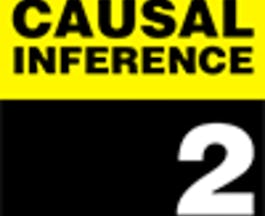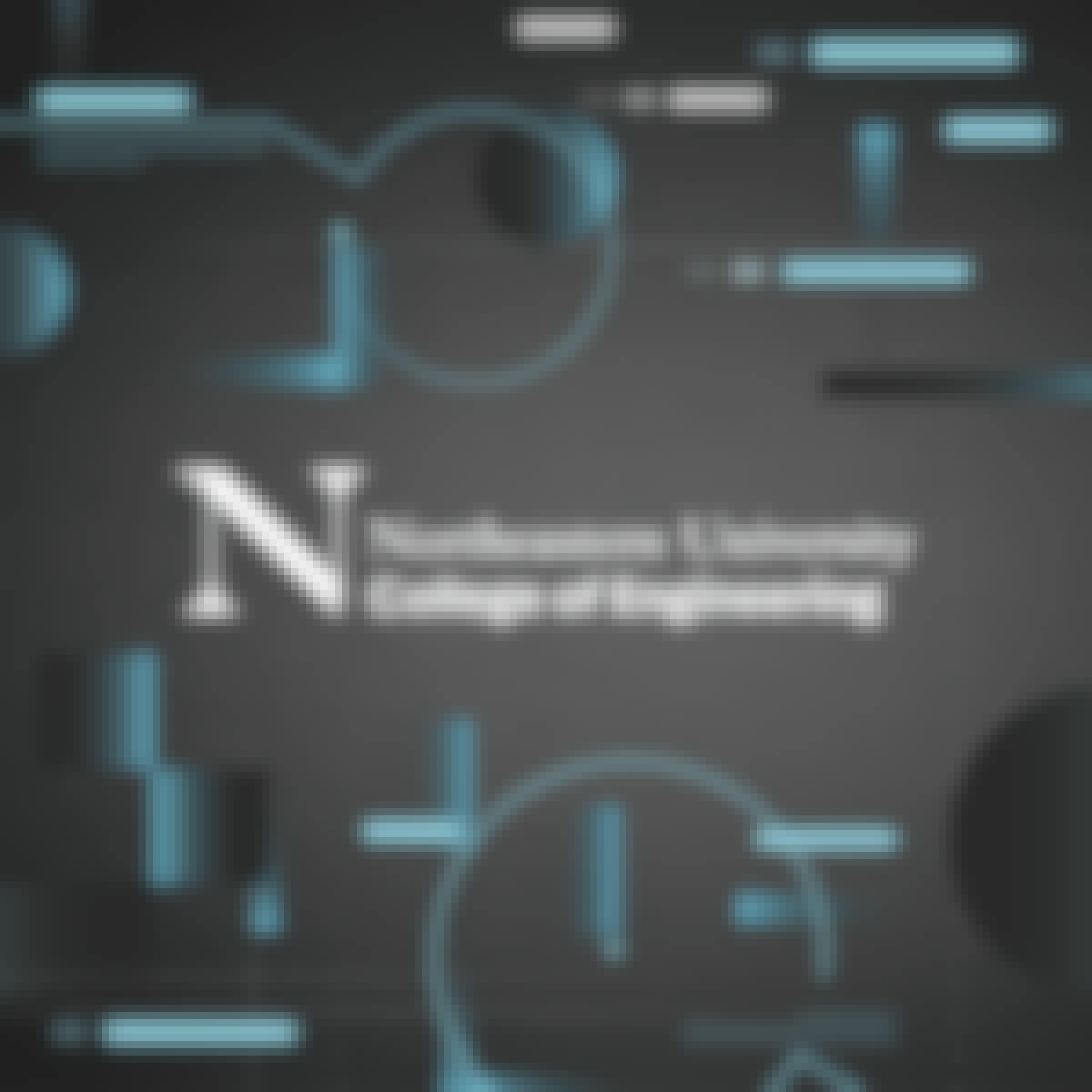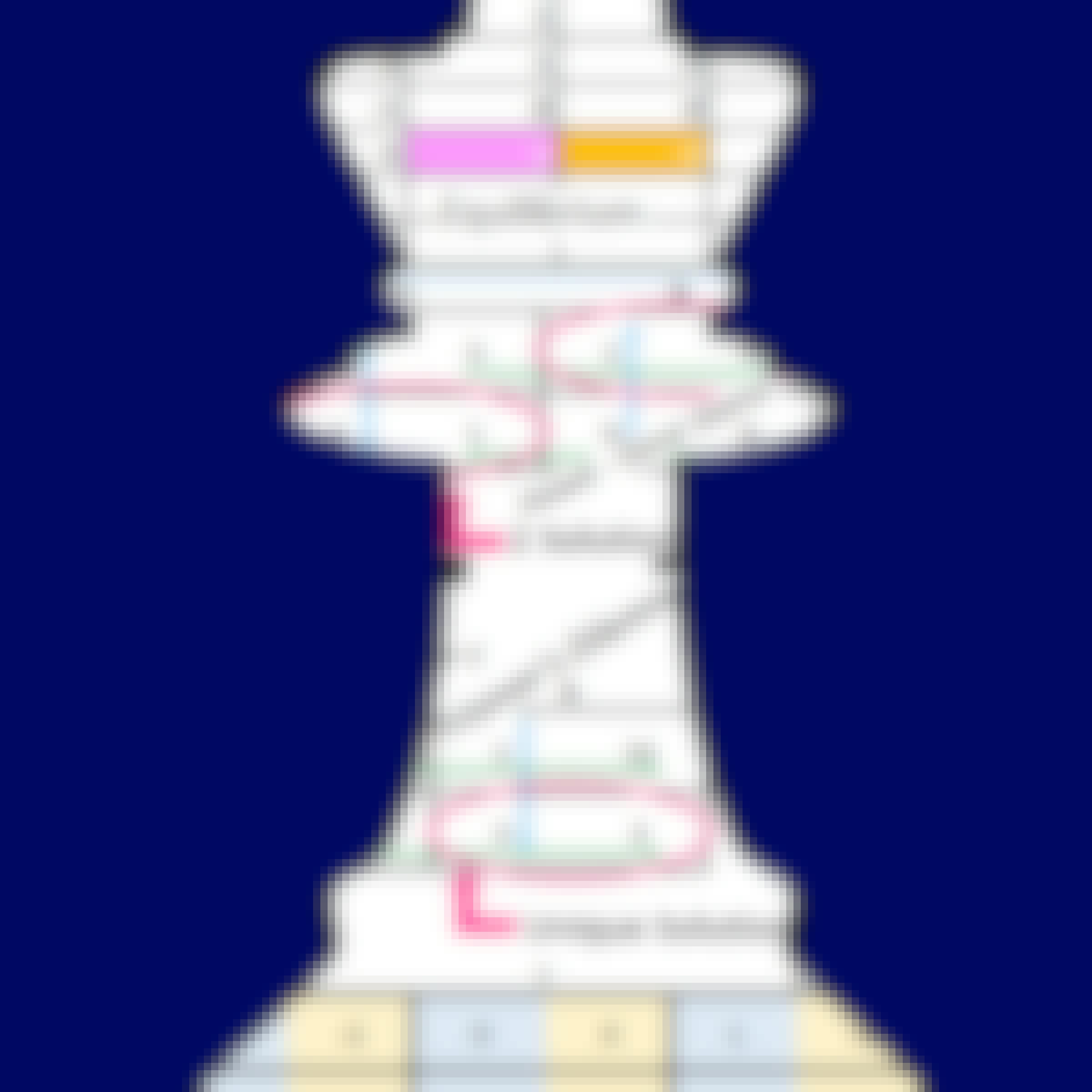Filter by
The language used throughout the course, in both instruction and assessments.
Results for "probability+theories"

Johns Hopkins University
Skills you'll gain: General Statistics, Probability & Statistics

Arizona State University
Skills you'll gain: Probability & Statistics, Experiment, Statistical Analysis, General Statistics, Statistical Tests
 Status: Free
Status: FreeColumbia University
Skills you'll gain: Mathematics
 Status: Free
Status: FreeJohns Hopkins University
 Status: Free
Status: Free
Queen Mary University of London
Skills you'll gain: General Statistics, Probability & Statistics

University of Pennsylvania
Skills you'll gain: Mathematics
 Status: Free
Status: FreeEIT Digital
Skills you'll gain: Leadership and Management

Illinois Tech
Skills you'll gain: Bayesian Statistics
 Status: Free
Status: FreeNortheastern University

Coursera Project Network
Skills you'll gain: Game Theory

Johns Hopkins University
Skills you'll gain: Data Analysis, Probability & Statistics
In summary, here are 10 of our most popular probability+theories courses
- What are the Chances? Probability and Uncertainty in Statistics: Johns Hopkins University
- Random Models, Nested and Split-plot Designs: Arizona State University
- Causal Inference 2: Columbia University
- The Mathematics of Democracy, Politics and Manipulation: Johns Hopkins University
- Business Economics and Game Theory for Decision Making: Illinois Tech
- Topics in Applied Econometrics: Queen Mary University of London
- Statistics for Data Science Essentials: University of Pennsylvania
- Quantitative Model Checking: EIT Digital
- Bayesian Computational Statistics: Illinois Tech
- Data Analytics Engineering: Probability & Techniques: Northeastern University










